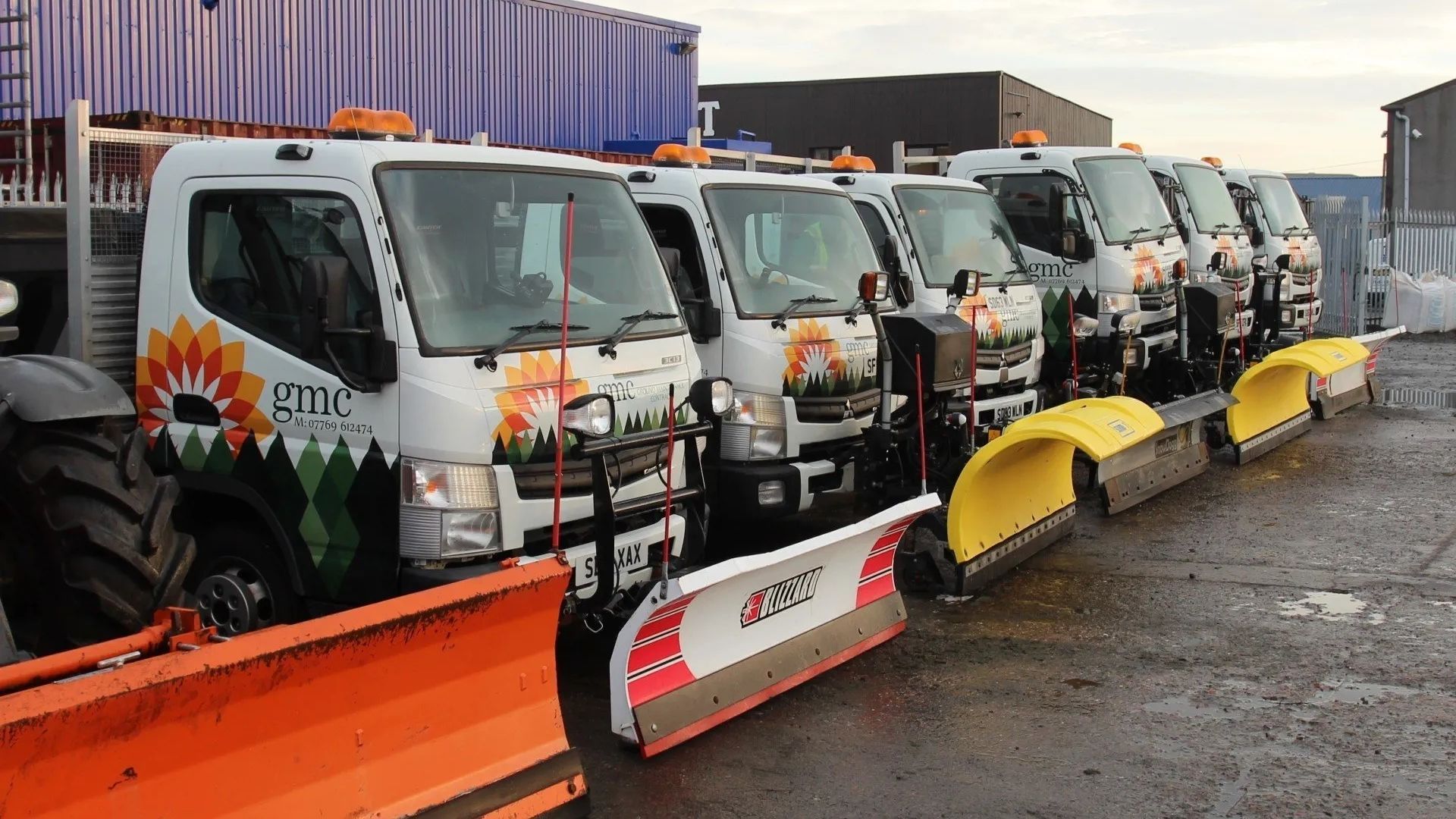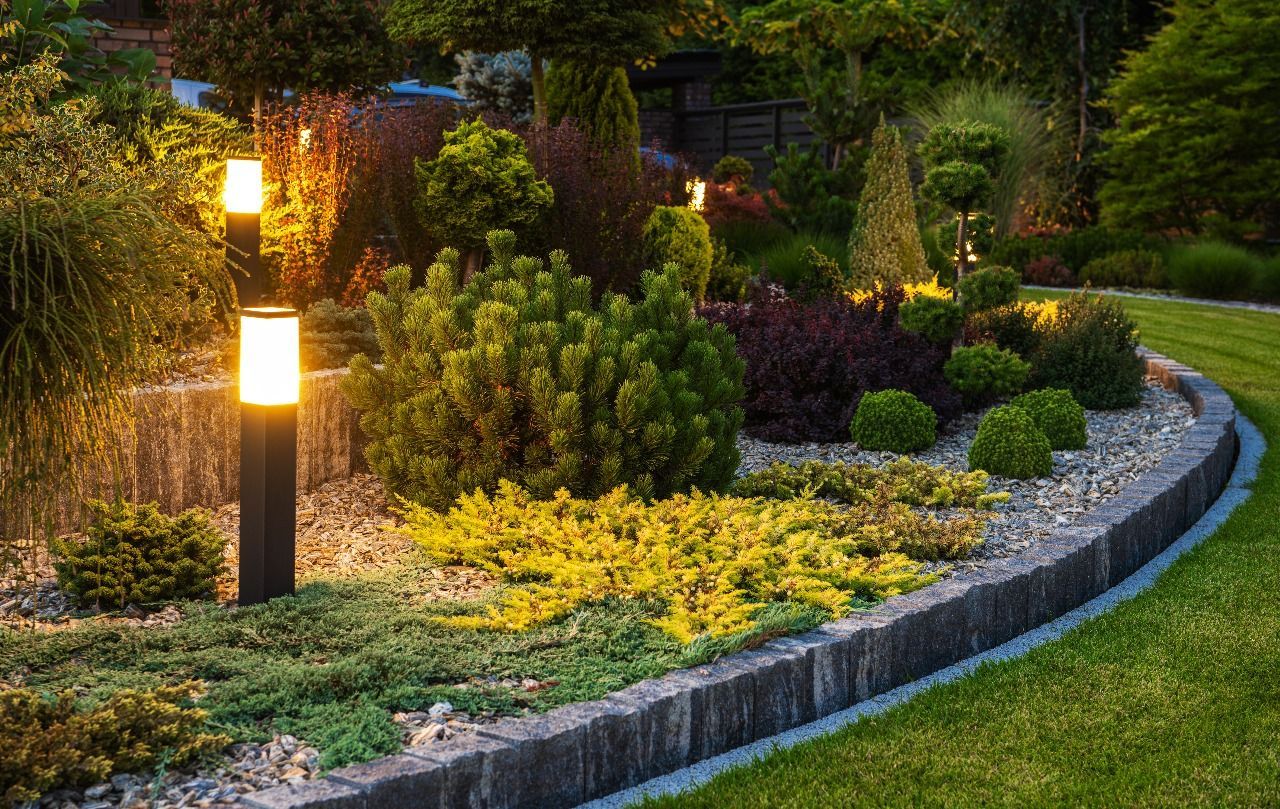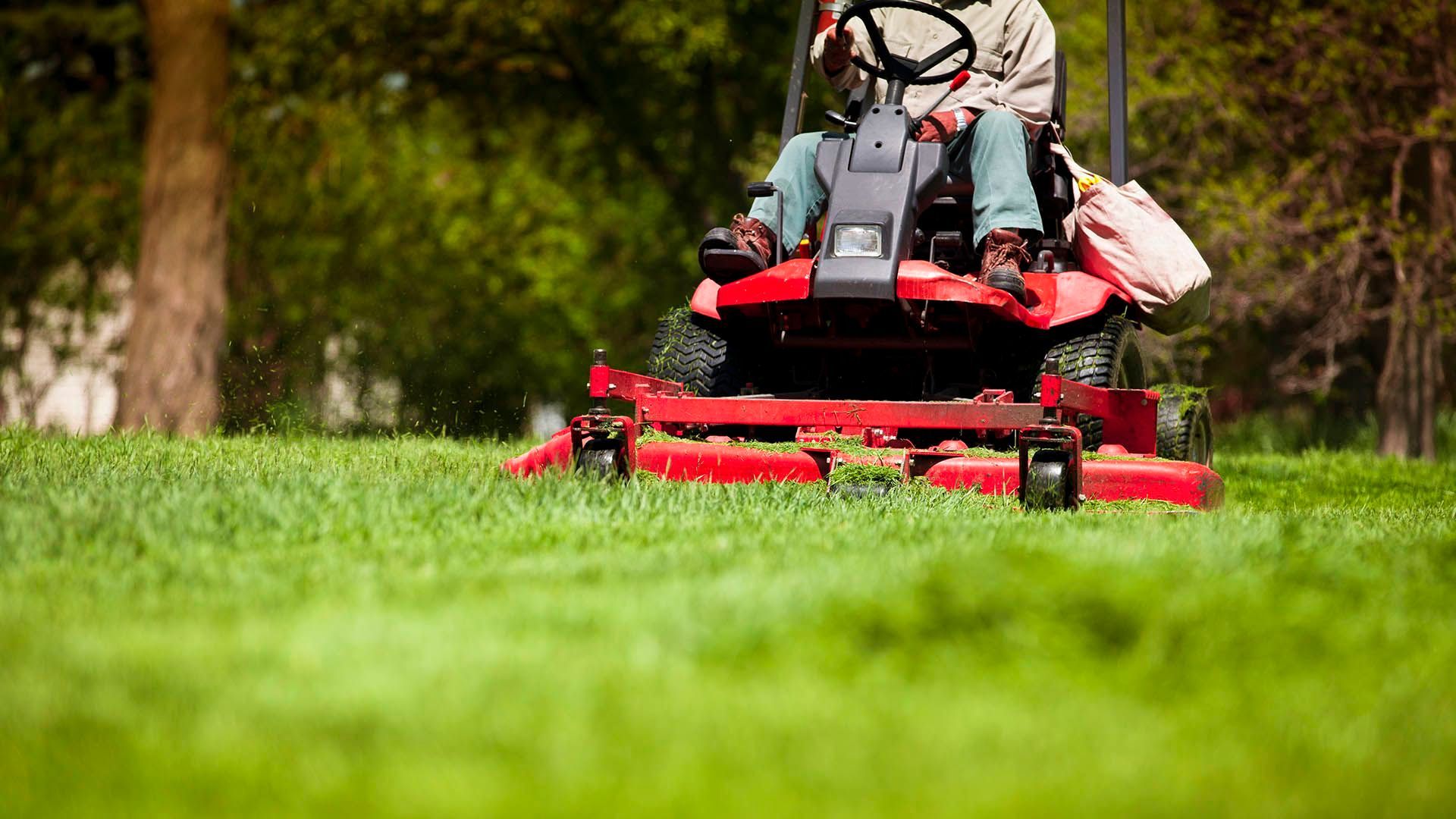5 Pesky Weeds To Keep A Lookout For In Your Garden
Having weeds in your garden can definitely create an eyesore, distracting from the other vegetation you have growing. Not only this, but they can cause an array of problems in your garden's ecosystem. They provide a home and shelter for nasty pests which can cause further harm to other beautiful plants on your property.
Keep reading to find the 5 common weeds found in gardens and commercial grounds.
Japanese Knotweed
This is arguably one of the UK’s most invasive weeds. It is truly expensive once it gets out of hand and an infestation of this weed can seriously damage your garden.
It usually crops up in urban areas where native plants are not particularly prevalent. While there are no documented hazards to our health, Japanese knotweed can eventually lead to a loss of land over time. The removal of Japanese knotweed is a legislation here in the UK and this can be a costly elimination if the weed is left for too long.
Giant Hogweed
This is another nightmarish plant to find growing on your property. Giant Hogweed is a tall plant that poses both health and environmental risks. The sap that comes from this weed can cause painful skin irritation and blistering when touched by humans. It is also dangerous to dogs and can be poisonous to them.
It has a very similar look to Cow Parsnip, which is not invasive or harmful. Giant Hogweed however, is harmful and will interfere with your other vegetation, so getting rid of it is crucial to your landscape.
Ragwort
This is a mildly poisonous weed that can cause harm to your garden. They should be removed from the roots to prevent new growths and prevent more harm.
Ragwort, living or wilted, can be poisonous to horses, causing liver damage. To humans, the weed can penetrate the skin, although it is mildly poisonous to us, gloves should still be worn.
Marestail
Also known as Horsetail, this weed is a deep rooted and invasive plant. It spreads to create a dense, crowded area of foliage. They appear like bristles of hair and their leaves are very thin.
They are notorious for emerging in tarmac driveways and being seriously harmful to properties. A systemic weed killer is usually effective, but thin stems and leaves can make absorbing the solution difficult.
Wolfsbane
With their pretty purple flowers, these may look harmless, but they are a danger! They are poisonous to humans, and consuming any of this plant can be extremely harmful to us. It can penetrate the skin, so be sure to handle this weed with gloves on.
While it is not a threateningly invasive plant, its poison can also harm animals. Removing wolfsbane is a safer option for both you and your furry friends.
GMCB Maintenance
Here at GMCB, we offer commercial weed killing services to help tackle your trickiest weeds. We have over 15 years of experience with anything from commercial grounds maintenance to road gritting!
If you’re interested in any of our services, don’t hesitate to
get in touch and find out more about what we do.
















